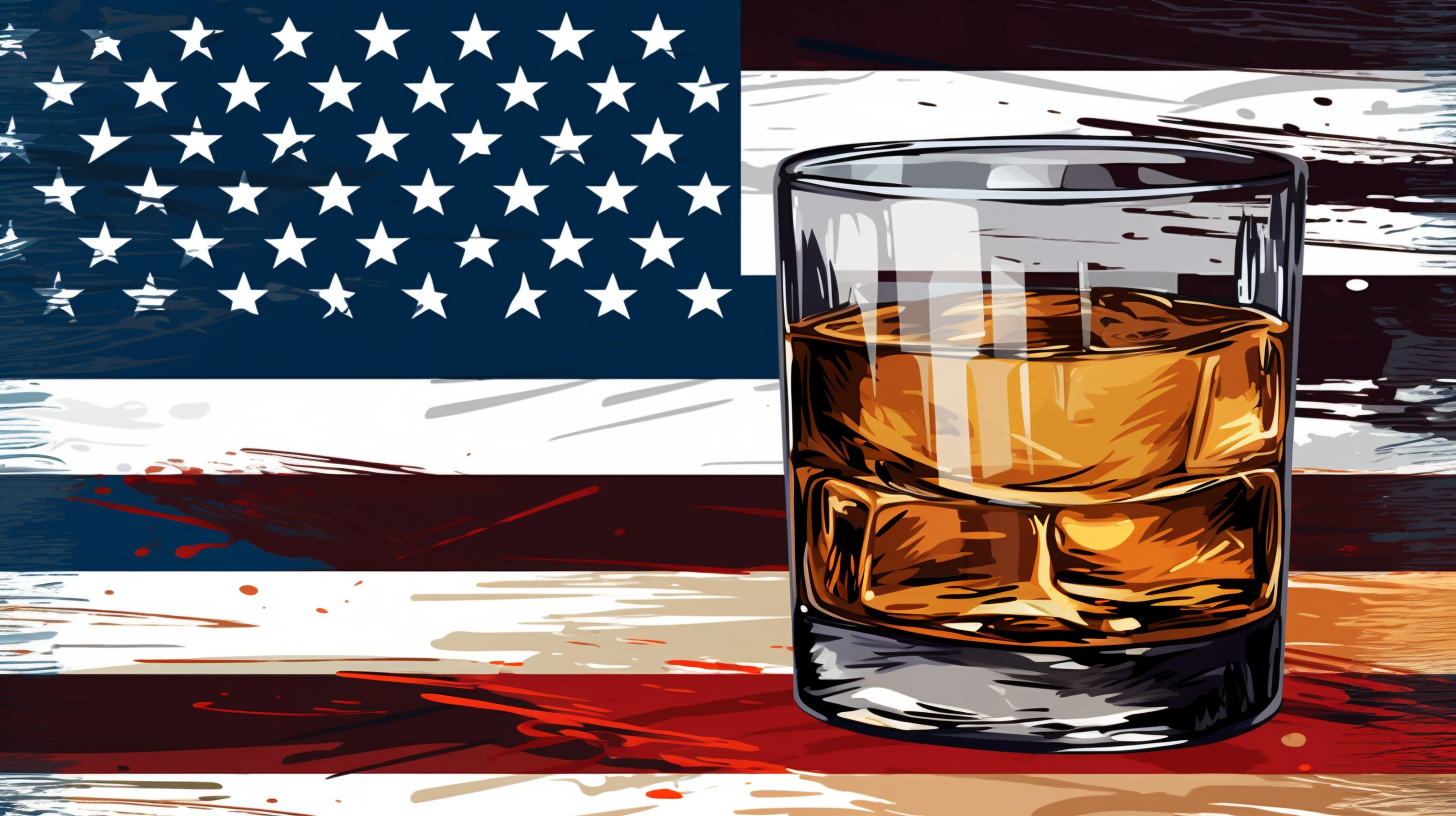It is the ongoing responsibility of those of us who are a bit more seasoned to help educate our younger Americans in the ways of responsible citizenship. Part of this education has to include an understanding of why we respect our service men and women and the flag that represents our nation. Yes, we have Memorial Day and Veterans Day. But to someone under the age of 30, they might mistake these markers for mere retail sales events if we didn’t tell them otherwise. Not only should we thank our veterans, we should be celebrating them, and even toasting them!
Who, exactly, might we be toasting this Veterans Day? One of my favorite soldiers is one few people know about. The story of his service is worth recalling. In the campaign of 1776, Private Joseph Plumb Martin awoke one cool morning to rise from the shallow ditch which he’d dug to sleep in. He found himself in a pool of water that had collected in the night–which was now up to his shoes. Soaking wet, he was worried that he and many in his unit would take sick. He was right to be concerned, as he and others did indeed become ill. But it would not be the last time Private Martin would suffer while serving under General Washington.
Martin had enlisted at the age of just sixteen, leaving his grandparent’s home in New England to fight for the cause of American Independence. He wanted to become a soldier in spite of the strong objections of his family. Like many young revolutionary recruits, Martin discovered that the reality of serving is not nearly as romantic as the notion of serving. In his journal, Martin was not exaggerating when he wrote about his condition at the engagement against the British in the campaign in 1777:
“…I endured hardships sufficient to kill half a dozen horses…In the cold month of November, without provisions, without clothing, not a scrap of either shoes or stockings to my feet or legs, and in this condition to endure a siege in such a place…was appalling to the highest degree.”
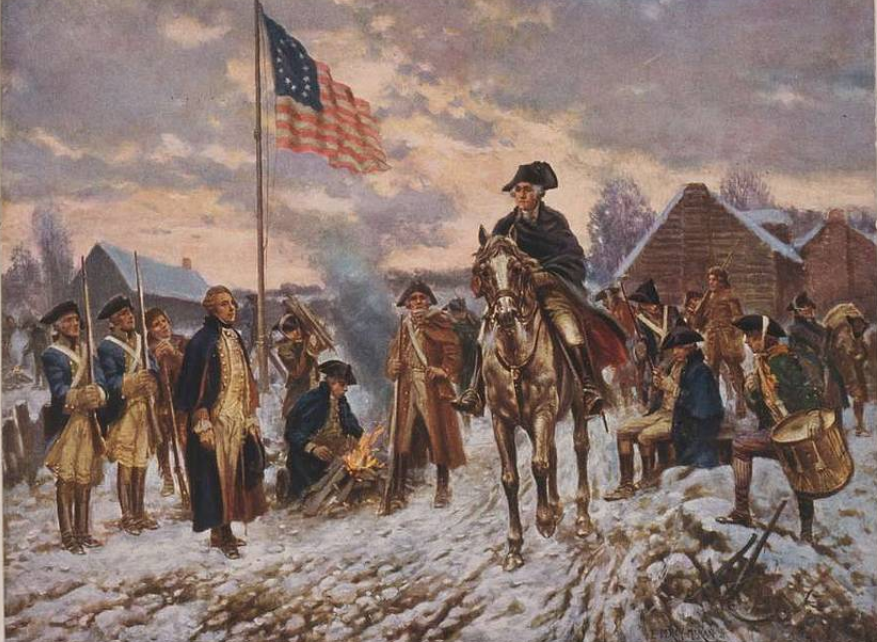
Martin was one of the unfortunates who had to camp for the winter in Valley Forge during his service. The soldiers stationed there faced terrible choices as the days grew colder. There was very little, and too often no, food to be had. Warm clothing and footwear were in short supply and so the men had to decide: they could remain in camp and face death from exposure, disease, or starvation—or try to leave for home where there was food, but face execution for desertion if caught. At Valley Forge, having even a few barrels of Washington’s own whiskey would have helped the men cope with the cold. Unfortunately, Washington’s distillery at Mt. Vernon was twenty years away. It would wait.
“We marched from Valentine’s Hill for the White Plains, in the night…We had our cooking utensils, (at that time the most useless things in the army) to carry in our hands. They were made of cast iron and consequently heavy. I was beat out before morning, with hunger and fatigue that I could hardly move one foot before the other. I told my messmates that I could not carry our kettle any further; they said they would not carry it any further; of what use was it? They had nothing to cook…”
In the course of his narrative, Martin refers to hunger and starvation more often than any other affliction that he and his fellow soldiers suffered. Over time, Americans have greatly improved the quality and quantity of provisions and equipment for those in service in our armed forces; although it is right to argue that there is always room for improvement. Soldiers today generally do not suffer as Martin did, but they do still suffer when stationed in the field in forward positions.

Aside from the obvious risk to life and limb for the soldiers in forward positions facing the enemy, many more servicemen are often separated from their families for extended periods of time and by great distances. A soldier gives up much of his or her productive life to military service—it’s hard to get rich on a soldier’s pay, and yet it is a life of service that they choose. We call that sacrifice and dedication.
Over the course of his service to our young nation, Joseph Plumb Martin would suffer from hardship, nakedness, exposure, hunger, poverty, food poisoning, colds, sleep deprivation, fatigue, small pox, dysentery, boils, and a broken ankle which he “hopped on” for five miles before being set, and again reset a day later without anesthesia. All of this occurred in only the first two years of his enlistment. Most men having suffered this way might conclude that they had made a serious error in their career choice. But not Martin. Incredibly, he continued to serve his new country, reenlisting to the end of the war—and suffering and starving for the duration. He never even received his full salary for his service. The government’s mistreatment of its military did not sit well with Martin, as he later reflected:
“Had I been paid as I was promised to be at my engaging in the service, I needed not to have suffered as I did, nor would I have done it; there was enough in the country, and money would have procured it if I had had it. It is provoking to think of it. The country was rigorous in exacting my compliance to my engagements to a punctilio, but equally careless in performing her contracts with me; and why so? One reason was, because she had all the power in her own hands, and I had none. Such things ought not be.”
Support Veteran Built and Owned Distilleries
Should you toast your closest veterans on this day, what more fitting beverage for the task than an American made spirit produced in a distillery built and owned by veterans? Several of these options come to mind:
Merica Bourbon, Texas, producesbourbon.
Have A Shot Of Freedom Whiskey Co., California, produces a Small Batch Bourbon which is crafted with a mash bill of 75% Corn, 21% Rye, and 4% Barley.
Leatherwood Distillery, Tennessee, produces bourbon, whiskey, rye, and moonshine.
Shadow Ridge Spirits Company, California, produces Bourbon, Rye, a peated Single Malt, and an American Single Malt.
Hotel Tango, Indiana, produces bourbon, rye, liqueurs and other spirits.
Dragon Distillery, Maryland, produces bourbon, whiskey, rye, and a variety of moonshine.
Deaf Shepherd Distilling Co., California, produces bourbon, spiced rum, barrel-aged rum, barrel rested gin, high rye whiskey, 100% rye whiskey, high rye bourbon and a single malt whiskey.
Eight Oaks Farm Distillery & Kitchen, Pennsylvania, produces a Bottled-In-Bond Bourbon whiskey, bourbon, rye whiskey, gin, rum, and vodka.
Justice Label Distillery, Texas, produces whiskey, rum, vodka, and a variety of moonshine and liqueurs.
Black Patch Distilling Co., Alabama, produces bourbon, whiskey, rye, and a tequila like product.
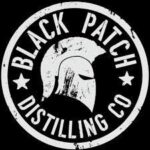

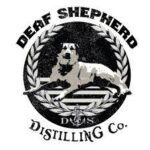
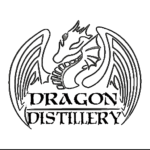

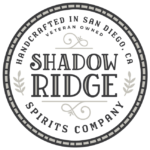
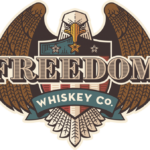
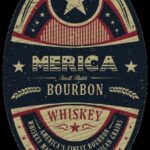

Logos Property of Their Respective Owners
I believe it is a disservice for Veterans Day to fall on a single day in November. In reality, every day is Veterans Day. The 4th of July is Veterans Day, Election Day is Veterans Day, Flag Day, Constitution Day — yes, all the same Veterans Day in my way of thinking. Our Founders may have declared our independence, our statesmen framed the Republic, and our politicians run the government, but everything America has today is because our armed forces have secured it.
Perhaps it is time for a new American tradition; that of raising a glass to each of our American veterans in recognition of their service to the nation!

